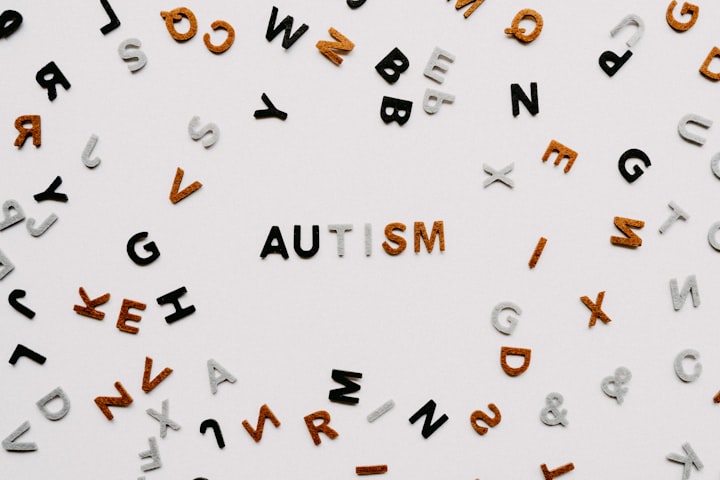What is Autism? Signs, Symptoms & Treatment
What is Autism? Signs, Symptoms & Treatment

Autism Spectrum Disorder (ASD), commonly known as Autism, is a neurodevelopmental disorder that affects communication, social interaction, and behavior. The disorder can be detected in early childhood, and it affects around 1 in 54 children in the United States, according to the Centers for Disease Control and Prevention (CDC). Autism can range from mild to severe and can have a significant impact on an individual's life. In this article, we will discuss the signs, symptoms, and treatment of autism and address the question, can autism be cured?
Signs and Symptoms of Autism:
Autism is a complex disorder that affects individuals in different ways. However, some common signs and symptoms can indicate the presence of autism. One of the primary symptoms of autism is difficulty in communication. Individuals with autism may struggle to communicate their thoughts and feelings effectively, and they may also have difficulty understanding nonverbal communication, such as facial expressions and body language.
Another sign of autism is difficulty in social interaction. Individuals with autism may struggle to make eye contact or engage in typical social interactions. They may also have difficulty understanding social cues and may struggle to initiate or maintain conversations.
Individuals with autism may also exhibit repetitive behaviors, such as rocking back and forth, flapping their hands, or repeating words or phrases. They may also have specific routines that they follow rigidly and may become distressed when these routines are disrupted.
Other symptoms of autism can include delayed speech or language development, lack of interest in playing with others, sensory sensitivities, and difficulty with transitions or changes in routine.
Diagnosis of Autism:
Diagnosing autism can be challenging as there is no medical test to confirm the disorder. However, a diagnosis is usually made based on a comprehensive evaluation of an individual's behavior and developmental history. This evaluation may involve a team of healthcare professionals, including a pediatrician, neurologist, psychologist, and speech-language pathologist.
The diagnostic criteria for autism are outlined in the Diagnostic and Statistical Manual of Mental Disorders, Fifth Edition (DSM-5), which is published by the American Psychiatric Association. According to the DSM-5, autism is diagnosed based on two core symptoms: impaired social communication and repetitive behaviors or restricted interests.
Treatment of Autism:
While there is no cure for autism, early intervention and treatment can significantly improve an individual's quality of life. Treatment for autism typically involves a combination of therapies, including behavioral therapy, speech therapy, occupational therapy, and medication.
Behavioral therapy is often the primary treatment for autism and involves teaching individuals with autism new skills and behaviors. This therapy can help individuals with autism develop social skills, improve communication, and reduce problem behaviors. Applied Behavior Analysis (ABA) is a type of behavioral therapy that has been shown to be particularly effective for individuals with autism.
Speech therapy can help individuals with autism develop language skills and improve communication. This therapy may involve teaching individuals to use alternative communication methods, such as picture boards or sign language.
Occupational therapy can help individuals with autism develop fine motor skills and improve their ability to perform daily activities. This therapy may involve teaching individuals to use adaptive equipment, such as pencil grips or weighted blankets.
Medication may also be used to treat some of the symptoms of autism, such as anxiety, depression, or hyperactivity. However, medication is typically used in combination with behavioral therapy and other treatments.
The question of whether autism can be cured is a contentious one. While there is no cure for autism, early intervention and treatment can significantly improve an individual's quality of life. However, some individuals with autism may still experience symptoms throughout their lives.
Some therapies, such as behavioral therapy, have been shown to be particularly effective in improving the symptoms of autism. However, the effectiveness of these therapies can vary depending on the individual, and not all individuals with autism respond equally well to treatment. It's important to note that autism is a neurodevelopmental disorder, and individuals with autism have different brain wiring than neurotypical individuals. Therefore, a "cure" for autism may not be possible in the traditional sense, as it would involve fundamentally changing the way an individual's brain is wired.





Comments
There are no comments for this story
Be the first to respond and start the conversation.